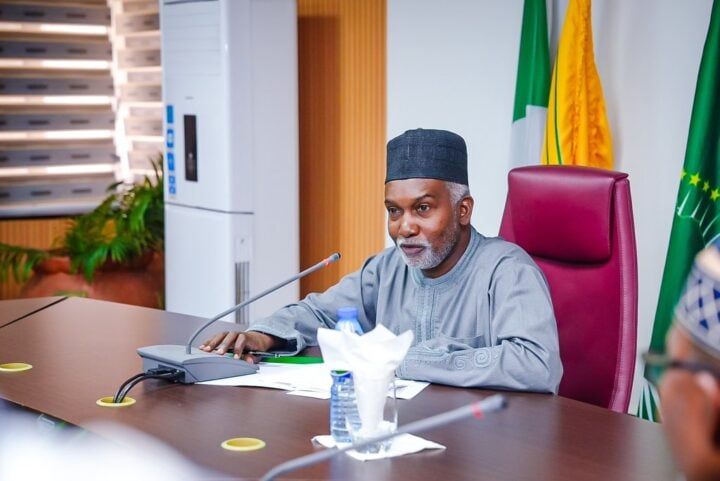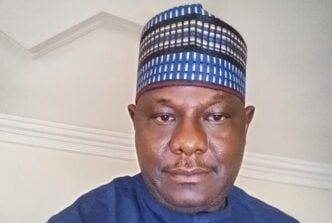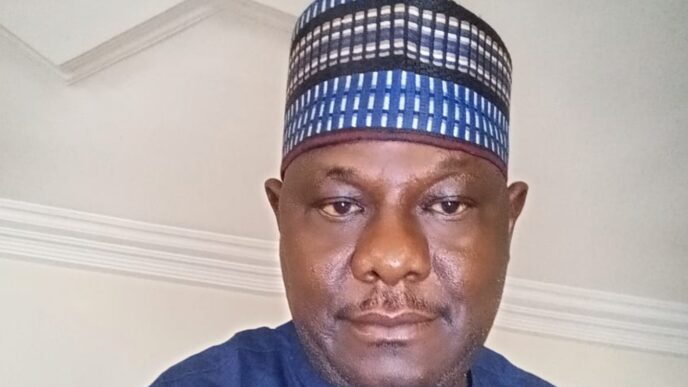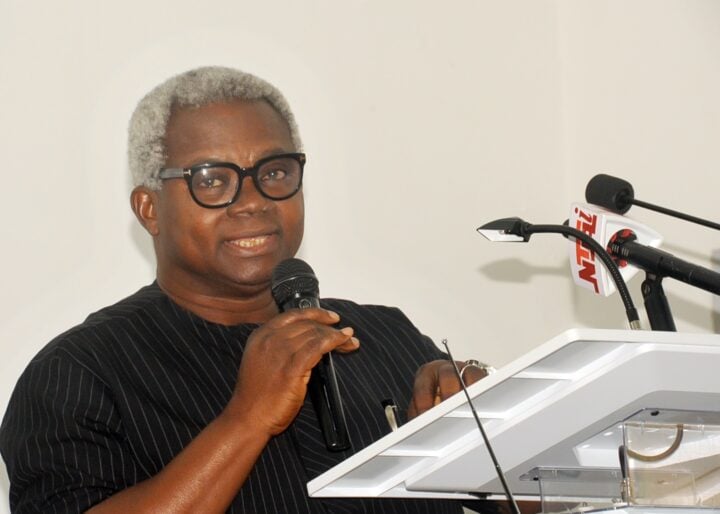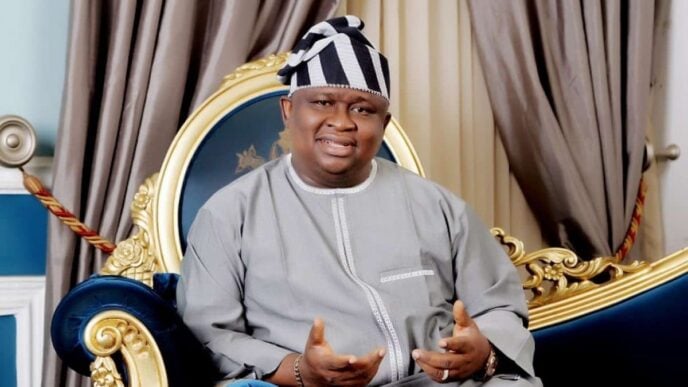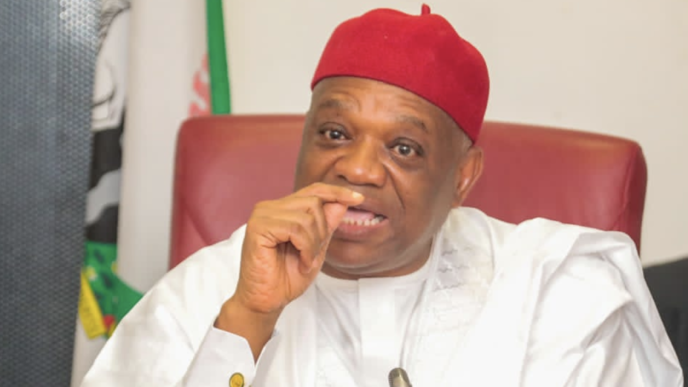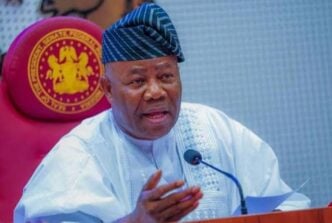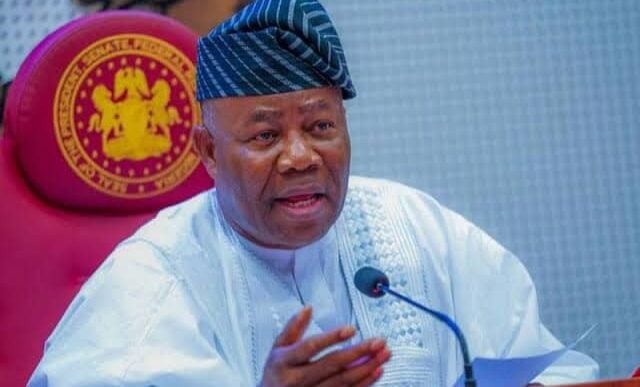Yusuf Tuggar, minister of foreign affairs
Yusuf Tuggar, minister of foreign affairs, says Nigeria is prioritising economic diplomacy to attract foreign investments as global markets become increasingly volatile.
Tuggar spoke on Thursday at the inaugural session of the Agora Policy forum in Abuja.
His treatise focused on Nigeria’s foreign policy at a time of global uncertainty.
Tuggar said diplomacy would also enhance trade partnerships and ensure economic diversification.
Advertisement
“The implementation of the African Continental Free Trade Area (Afcfta) presents a unique opportunity for Nigeria to consolidate its position as a regional economic hub,” he noted.
The minister also pointed to the Trans-Saharan gas pipeline (TSGP; also known as the NIGAL pipeline and the Trans-African gas pipeline), a planned natural gas pipeline from Nigeria to Algeria; and the Nigeria-Morocco Gas Pipeline (NMGP), a proposed 5,660 km long pipeline project that aims to transport natural gas from Nigeria to Morocco, potentially connecting to the European gas network via the Maghreb-Europe Gas Pipeline.
“Both projects present a unique opportunity to diversify Europe’s gas supplies — and represent potent physical symbols of Nigeria’s place in a new international order,” he said.
Advertisement
WHY NIGERIA’S FOREIGN POLICY MUST BE RESHAPED
Speaking on the resurgence of global trade wars and protectionism, Tuggar said the fragmentation of multilateralism and the proliferation of regional conflicts have created a more unpredictable world.
“In this context, Nigeria’s foreign policy must be dynamic. It must ensure that our national interests are protected while we remain a responsible and engaged member of the international community,” Tuggar said.
The minister noted that Nigeria’s foreign policy has traditionally been anchored on Africa as the centrepiece, supported by non-alignment, economic diplomacy, and global multilateralism.
Advertisement
“While these principles remain relevant, they must evolve to reflect the realities of our time,” he said.
“Tragedies avoided are more easily forgotten than sacrifices made. For this reason, with defence budgets escalating around the world, we need to be reminded, even in a transactional world, that diplomacy should take the lead. It is always better to talk,” he added.
“We do not always deliver perfect outcomes, especially where those areas of common interest and good faith are narrow, where one side may face particular local pressures that trump what partnership might deliver. Realistic outcomes are shaped by realistic expectations.
“We see the existing order deconstructing. It was an order that did not present a level playing field for Nigeria and Africa, in terms of access to financing and markets and the tools to facilitate peace, prosperity and opportunity.
Advertisement
“As that order breaks down, what follows is much less clear.”
He urged stakeholders to play their part in helping create a modern and dynamic order that reflects Nigeria’s national and shared interests.
Advertisement
